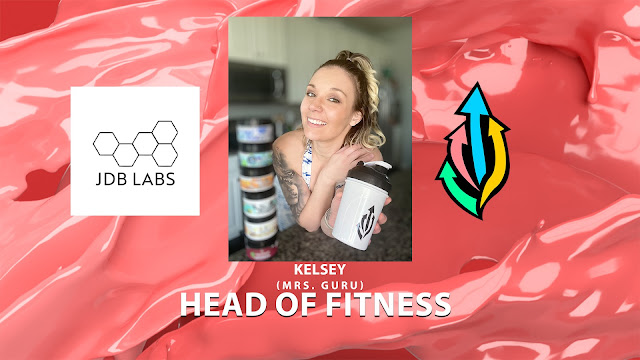What You Need to Know About Stretching
You ever started to hold a stretch and then go DANG I am tight and immediately let go of it?

DON'T DO THAT
In short terms.
We have Golgi tendon organs and muscle spindles. Muscle spindles are in charge of sensing muscle length and muscle lengthening. Muscle spindles signal muscle contractions so that the muscle doesn't go too far. It signals the brain throwing up red flags that the joints and soft tissues near it are nearing injury.

Golgi tendon organs sense changes in muscle tension.

HOW DOES THIS RELATE TO STRETCHING?
Let's pretend...
We just started stretching and we go into the stretch and the muscle is TIGHT the muscle spindle starts yelling

to stop the muscle from going too far or signaling contraction of another muscle nearby. Then after roughly 7 seconds the Golgi tendon organ steps in and goes SHUT UP and turns it off, which allows the muscle to be stretched further.
So, basically, to allow yourself to push further into a stretch due to your nervous systems proprioceptors, you need to at least hold it for 7 seconds or you are not stretching the muscle past its current state of 'normal' (even if that is super short and tight).
Alright now let's run off a few rules of thumb:
- We stretch WARM muscles. Don't show up in a gym and immediately start stretching. Do them after your muscles are warm, walk, dynamic movements, or at the end of the warmup
- The more often you stretch - the better it is for your body
- Stretching increases flexibility and range of motion
- Boost blood flow/circulation
- Helps to correct alignment issues (e.g., super tight psoas bringing down the pelvis causing an anterior pelvic tilt - stretching + then strengthening the area)
- Much like exercise, increases mood + overall well-being.
- There are A LOT of ways to stretch (static, dynamic, and more)
- Stretching should not be painful

- Kelsey - Head Of Fitness
Additional Education: B.A. in Business Management w/ a focus in HR, A.A. in Business Admin, A.A. in Early Childhood Education, A.A. in Natural Science, prior DODD certified respite care provider, TESOL 120 HR, TEFL 160 HR.


Comments
Post a Comment